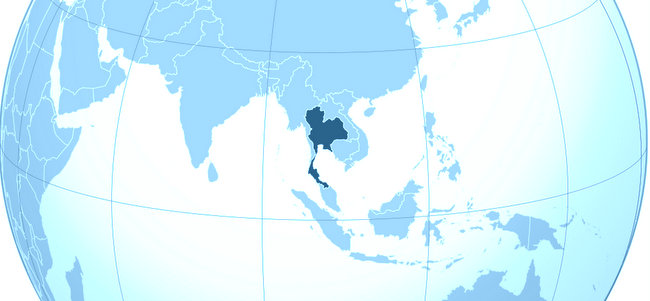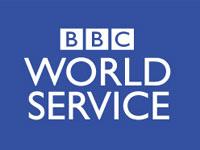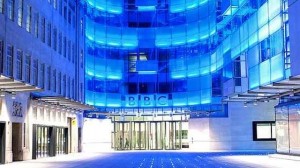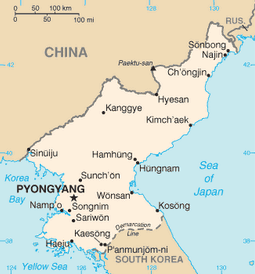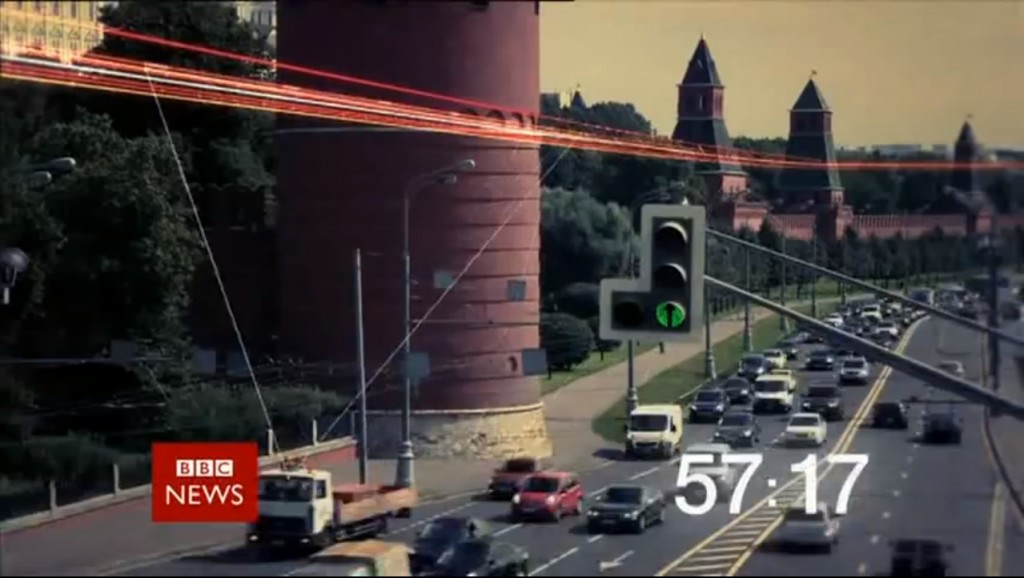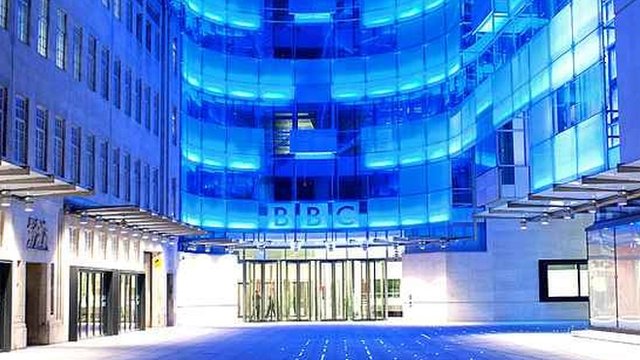 (Source: Yahoo News via Richard Cuff)
(Source: Yahoo News via Richard Cuff)
The BBC has said the audience for its international services has risen to a new high, with 265 million people around the world accessing its output each week.
The corporation’s estimates show the numbers using its various global news services – including the World Service and BBC World News – have risen by 3.5 per cent in the past year, with big jumps in Russia and Ukraine as people have apparently turned to “trusted” sources.
[…]Radio has seen a major decline in numbers with 17 million fewer listeners than the previous 12-month period, although it continued to be the biggest platform overall with 128 million tuning in.
Rises in digital and television use have offset that figure to give an overall audience rise.
[…]The audience for TV services stands at TV viewers at 126 million and digital access stands at 46 million – a third of these through mobile devices – with many people clearly using more than one of the services.
Peter Horrocks, director of the BBC World Service Group, said: “Today’s figures show the most successful year ever for the BBC’s global news services.
“Investment in TV bulletins and responsive mobile services for the World Service is bearing fruit. Radio will be a World Service mainstay for years to come, but as these figures testify, the way people access news is changing and we must continue to innovate if we are to flourish in the years ahead.”

